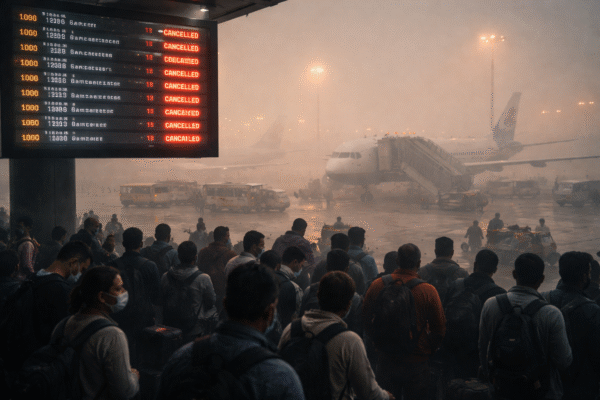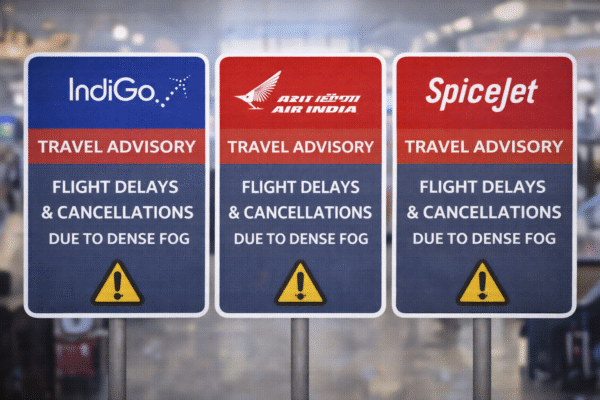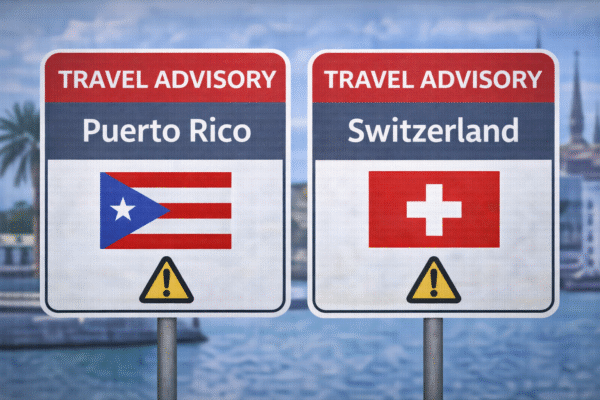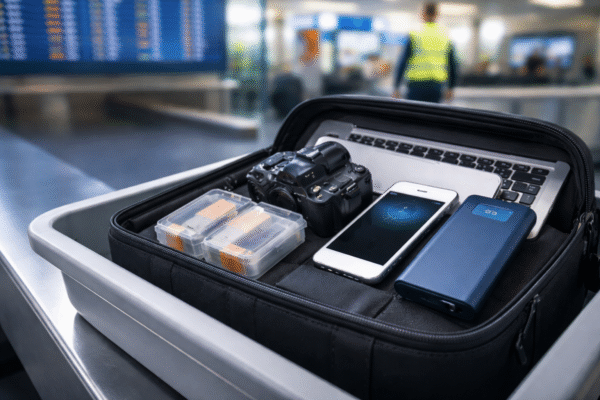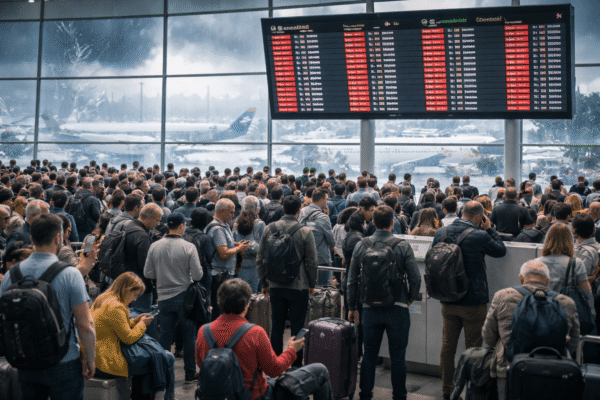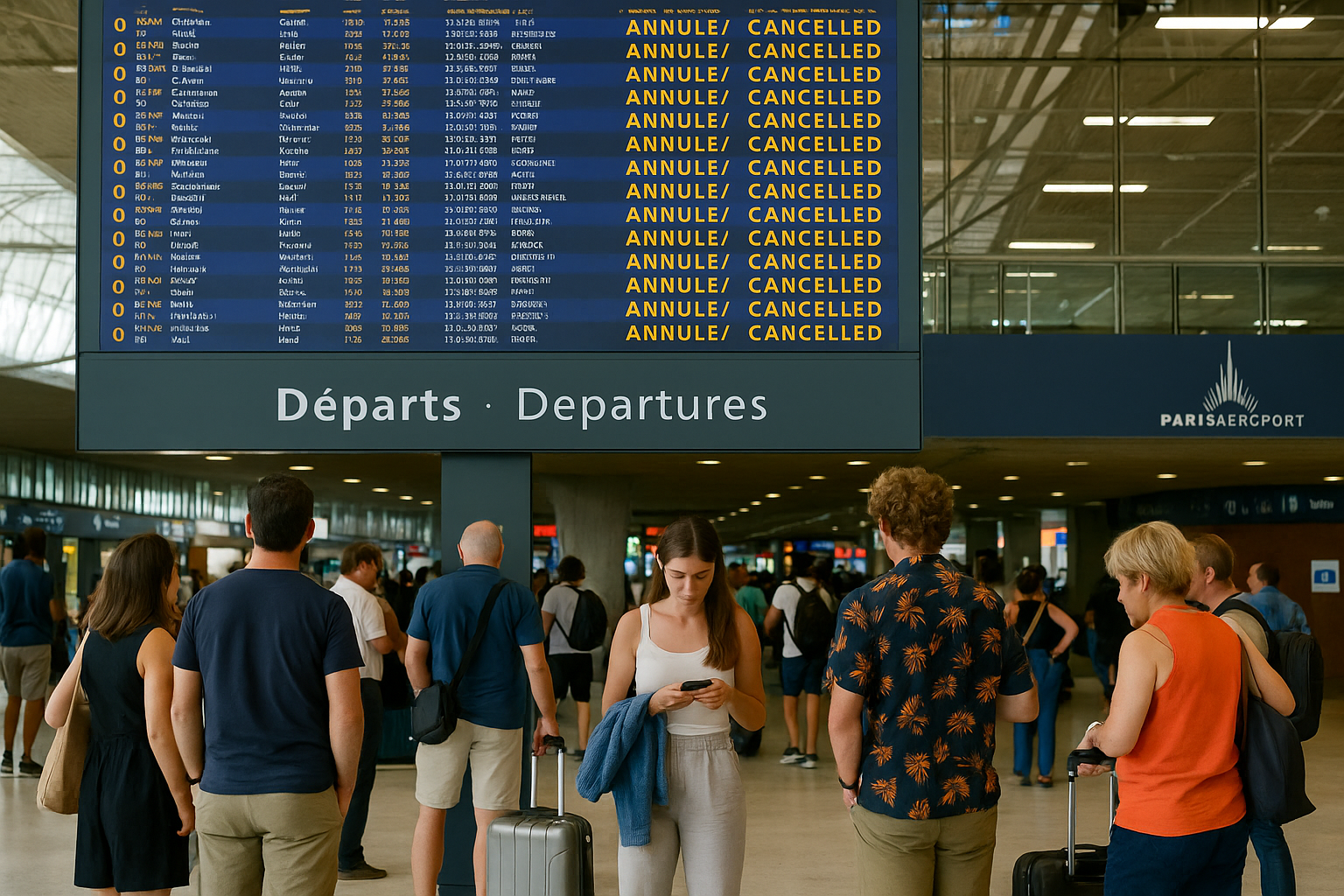Travelers heading to France this week are being urged to plan ahead and prepare for significant disruptions as the country braces for a wave of nationwide industrial action. From July 3–4, 2025, major transportation strikes—primarily involving air traffic controllers—are expected to severely affect travel across airports, roads, and train networks.
The UK’s Foreign, Commonwealth & Development Office (FCDO) has updated its travel advisory, warning of heightened delays, cancellations, and demonstrations that could pose risks to traveler safety. The advisory encourages visitors to remain vigilant, avoid protest zones, and stay informed via official sources and local media.
Severe Air Travel Disruptions: Flight Cancellations Across France
One of the most significant impacts will be felt in the aviation sector. France’s Directorate General for Civil Aviation (DGAC) has confirmed widespread flight cancellations at both national and regional airports, as air traffic controllers launch industrial action demanding better working conditions and staffing increases.
Expected Airport Disruptions:
- Paris Charles de Gaulle (CDG), Orly, and Beauvais Airports: Up to 25% flight cancellations
- Nice Côte d’Azur Airport: 50% of flights reduced
- Corsica (Bastia, Calvi): High cancellation rates
- Lyon, Marseille, Montpellier, Ajaccio, Figari: Approximately 30% of flights impacted
Passengers are strongly advised to consult their airline websites and airport arrival/departure boards before heading to the airport. Airlines are expected to provide rebooking options, travel credits, or full refunds, but delays in customer service responses are likely.
Beyond the Skies: Train and Road Delays Loom
In addition to flight disruption, local unions have hinted at potential rail and road sector participation in the July strikes. If confirmed, intercity trains and local transit services may experience interruptions, particularly in metropolitan areas such as Paris, Marseille, Lyon, and Toulouse.
Travelers using the SNCF rail network should verify the status of their bookings, particularly on high-speed TGV lines. Congestion on highways near transportation hubs is also expected, especially if demonstrators block roads or protest near airports and train stations.
Safety First: How to Navigate Protests and Demonstrations
The FCDO and French interior authorities have flagged the increased likelihood of civil demonstrations across major urban centers during this period. Though typically peaceful, protests can turn unpredictable. Travelers are advised to:
- Avoid protest zones: Do not engage or attempt to pass through demonstrations.
- Follow police instructions: Authorities may redirect pedestrians or close metro stations near protest sites.
- Monitor real-time updates: Use apps like Google Maps, RATP, or SNCF to check for delays or route changes.
- Stay indoors if unrest escalates: In rare cases, protests can turn violent or lead to shop closures and restricted movement.
Popular protest zones include Place de la République and Champs-Élysées in Paris, and central squares in Lyon, Toulouse, and Marseille.
Passport and Entry Requirements for Visitors
As France is a Schengen Area member, travelers must ensure compliance with its entry regulations:
- Passport Validity: Must be issued within the past 10 years and remain valid for at least 3 months beyond your departure from the Schengen zone.
- Visa Requirements: Travelers from the UK, U.S., Australia, and other non-Schengen countries should confirm whether they need a visa or ETIAS authorization (coming soon).
- Carry backup ID: It is recommended to travel with an additional form of identification such as a national ID or driver’s license.
The FCDO also advises checking entry rules for children and teens traveling alone or with one parent.
Practical Tips for Stress-Free Travel During the Strike Period
To minimize travel stress and stay safe during your visit to France, consider the following:
- Download official transport apps – Use SNCF Connect (rail), RATP (Paris metro), and airport apps for real-time updates.
- Travel insurance coverage – Ensure your policy includes compensation for strike-related delays or cancellations.
- Flexible planning – Book accommodations with free cancellation, and allow extra buffer time for connections or excursions.
- Have emergency contacts – Keep a list of embassy details, local police numbers (dial 17 in France), and your hotel’s contact info.
- Alternate travel options – Consider using buses (FlixBus, BlaBlaBus) or car rental services if trains or flights are unavailable.
Final Word: France Is Still Open and Welcoming—Plan Smartly
While the industrial action scheduled for early July poses a significant hurdle for incoming and domestic travel, France remains open and safe for tourism. With world-class attractions, stunning summer weather, and vibrant culture, the country continues to offer unforgettable experiences.
Visitors prepared to stay informed, flexible, and aware of local developments can still enjoy their holiday without major setbacks. Whether you’re exploring the art treasures of Paris, relaxing along the French Riviera, or wine-tasting in Provence, your trip can still be rewarding with careful planning.
Stay alert, stay connected, and bon voyage!
For more travel news like this, keep reading Global Travel Wire





